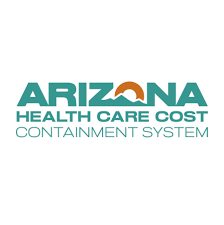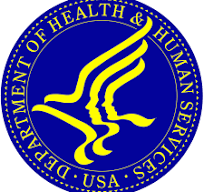In what may be an early warning of a public health crisis, Secretary Kennedy is imposing new clinical trial requirements on the Novavax COVID-19 vaccine for each updated variant.
This marks a departure from the streamlined approval process that previously allowed updated vaccines tweaked to focus on new antigens.
According to a recent NBC News report, FDA appears to be slow-walking vaccine approvals this bureaucratic slowdown could be the tip of the iceberg. If these new hurdles become the standard, Pfizer and Moderna’s mRNA vaccines may soon face the same impossible demands: full-scale clinical trials for every tweaked version tailored to emerging variants.
Kennedy may even apply the same ‘logic’ to the seasonal flu vaccine, which is reformulated each year based on evolving strains.
It’s logistically impossible to conduct full clinical trials in time for each flu or COVID variant. If the FDA (Kennedy) insists on this standard, it could lead to the effective de-authorization of all COVID and flu vaccines.
As Politico reported, RFK Jr. eyes reversing CDC’s Covid-19 vaccine recommendation for children Kennedy is already planning to pull COVID vaccine recommendations for kids.
If he follows through, it’s a man-made disaster. Tens or even hundreds of thousands of preventable deaths annually, and a healthcare system overwhelmed by millions of unnecessary hospitalizations.
I know I keep writing gloom and doom stuff – and it is probably making you sad and overwhelmed – but it’s times like these when we need to use our collective professionalism, education, experience and ethics in motion to pushback however we can – even if it’s just writing this blog.
If we don’t act now, we may soon find ourselves unarmed in the fight against both seasonal and pandemic diseases—with devastating consequences.
Note: Next week I’ll cover the legal interventions to some of Kennedy’s decisions that have been taken by APHA. If you feel powerless and want to do something about all this damage to public health – one thing you can do is simply join APHA.








